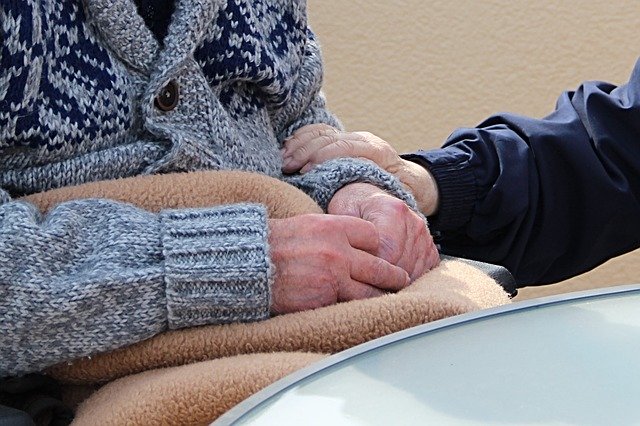My Nursing Home Lawyer: What Are the Symptoms of Sepsis in the Elderly?
Sepsis is a disease that comes about when your body’s response to an infection goes into overdrive. Sepsis can be life-threatening, especially for the elderly. Studies show that people over 65 years are more susceptible to developing this potentially deadly condition.
According to the Mayo Clinic, about 15% of the population in America is elderly. However, they comprise about 65% of the number of sepsis cases reported in hospitals. Sepsis is sometimes diagnosed as blood poisoning, and it requires early diagnosis for the patient to stand a chance
What Are the Symptoms of Sepsis in the Elderly?
Sepsis is a disease that comes about when your body’s response to an infection goes into overdrive. Sepsis can be life-threatening, especially for the elderly. Studies show that people over 65 years are more susceptible to developing this potentially deadly condition.
According to the Mayo Clinic, about 15% of the population in America is elderly. However, they comprise about 65% of the number of sepsis cases reported in hospitals. Sepsis is sometimes diagnosed as blood poisoning, and it requires early diagnosis for the patient to stand a chance of survival.
While there are high survival rates, sepsis claims about one-third of the lives of those diagnosed with the illness. Those who survive can be left with several life-altering conditions such as chronic pain, post-traumatic stress disorder, organ dysfunction, and in older adults, dementia.
Signs and Symptoms of Sepsis
So what are the symptoms of sepsis in the elderly? The signs and symptoms of sepsis and septic shock are generally the same in all adults regardless of age. The illness mostly occurs to older people but is also most common in pregnant women, people with weak immune systems, those with chronic conditions, and infants under the age of one. The symptoms of sepsis include:
- Low blood pressure
- A high heart rate of over 90 beats per minute
- High breathing rate
- Confirmed infection
- High fever
- Changes in mental health, especially confusion
Sepsis in Older Individuals
Studies suggest that the more people age, the less effective their immune systems are at fighting illnesses. This means that older people are at high risk of contracting several diseases, even at once. With every infection contracted, an older adult is more likely to develop sepsis.
The fact that older individuals’ immune systems weaken with age, it is common to find one with various chronic illnesses such as organ failure and other respiratory issues. Any infection or disease such as the flu can trigger sepsis.
However, respiratory illnesses such as pneumonia are the most common triggers for the disease. There are several ways in which an infection can develop in an older individual. Most older people are likely to get sepsis in a nursing home.
This is because they are seated most of the time while at nursing homes, and therefore pressure injuries sustained from lying in bed or sitting in a wheelchair can cause skin tears, which can lead to infections. It is, however, not easy to detect diseases such as urinary tract infections in older people.
The most apparent sign of infections in older people is confusion. If an older person starts showing unusual behaviors or seems more confused than before, it is more likely that an infection is present.
How to Treat Sepsis
For treatment to be effective, the signs and symptoms of the disease must be detected as quickly as possible. With every delayed hour of treatment, the risk of dying increases. Antibiotics and intravenous fluids are appropriate for treating sepsis as prescribed by a physician.
For blood pressure, the patient might be administered other medications to raise their blood pressure back to normal. A ventilator can also be put in place for a patient in ICU to aid them in breathing.
How to Prevent Sepsis
To effectively prevent sepsis, especially among older individuals, it is crucial to prevent infections from occurring. Below are some of the actions to take to avoid infections.
- Regular vaccinations go a long way in preventing various illnesses such as the flu.
- Frequent hand washing also decreases the chances of contracting infections and reducing the number of disease-causing pathogens.
- Ensure that all wounds are adequately taken care of. Using soap and water to clean the injuries, the chances of bacteria entering the wound reduce significantly.
- In case of an infection, consult a doctor immediately.
Sepsis advances quickly to septic shock, and the latter has a high chance of causing death. It is crucial to seek immediate medical aid if an older person you know develops any of the symptoms mentioned above.

